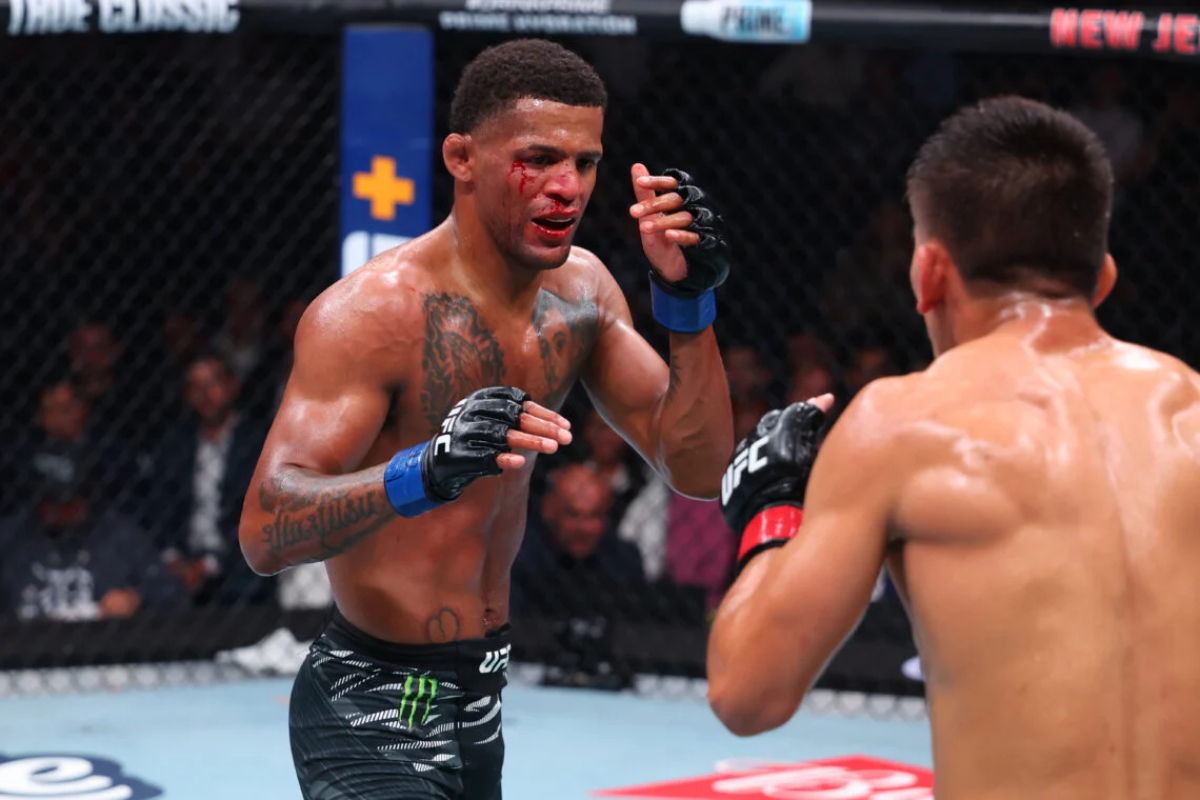
The transition from a dominant force in one mixed martial arts promotion to a contender in the Ultimate Fighting Championship is notoriously challenging. Many elite athletes discover that the bright lights of the UFC Octagon shine a little differently, exposing vulnerabilities that were less apparent elsewhere. For Patchy Mix, a former Bellator bantamweight champion, his recent string of two consecutive losses in the UFC has left fans and analysts alike questioning his trajectory. However, a recent revelation by former UFC champion TJ Dillashaw peels back the curtain, suggesting Mix’s struggles at UFC 320 were less about skill and more about an unseen, arduous battle with his own health.
The Unseen Opponent: Illness and Infection
Following his controversial split decision loss to Jakub Wiklacz at UFC 320 in Las Vegas, the immediate post-fight narrative focused on the outcome. Yet, Dillashaw, who was present during fight week, painted a grim picture of Mix`s preparation and condition. Speaking on the JAXXON Podcast, Dillashaw recounted witnessing Mix in distress even before the ceremonial weigh-ins, describing him as “laying on the ground, looking like he`s still cutting weight.”
The details only grew more concerning. Mix reportedly struggled to keep anything down, suffering from vomiting since the weigh-ins. This acute illness was compounded by a more persistent issue: a staph infection he had been battling for two weeks prior to the fight, necessitating a course of antibiotics. It’s a stark reminder that while fans see the spectacle, the physical toll on a fighter can extend far beyond training camp rigors.
The Direct Impact on Performance: A Fighter`s Burden
The implications of such severe health setbacks on an athlete’s performance, particularly in a high-stakes sport like MMA, are profound. A brutal weight cut alone can deplete a fighter’s energy reserves, leading to dehydration, cramping, and mental fog. Add to that acute gastrointestinal distress and a staph infection requiring antibiotics, and the recipe for peak performance evaporates.
As Dillashaw sagely noted, being on antibiotics can significantly compromise cardiovascular endurance. “Your cardio is going to suck,” he stated plainly, and indeed, this was reportedly observed in Mix`s performance. The ability to maintain intensity, execute technical maneuvers, and absorb punishment all diminish when the body is fighting illness rather than performing at its peak. It highlights the often-unseen layer of resilience required from these athletes, who frequently step into the cage battling more than just their opponent.
A Champion`s Perspective: A Call for Evolution Amidst Empathy
Dillashaw, himself a veteran of grueling weight cuts and intense fights, offered a balanced perspective. While acknowledging the immense impact of Mix’s health issues, he also pointed to areas for technical growth. He suggested Mix needs to evolve his striking, specifically improving head movement and being “more snappy on his punches,” noting that Mix tends to “stand in front of you a little bit and just plots forward.”
However, Dillashaw was quick to connect these technical shortcomings to the underlying physical state. “The first thing that goes away when you get tired is your feints and your movement,” he explained. This insight underscores a critical point: while performance metrics are essential, context is king. A fighter operating under the duress of illness is unlikely to showcase their full technical arsenal, making critical evaluations challenging.
The Road Ahead for Patchy Mix
For Patchy Mix, the path forward is complex. The revelation of his health battles offers a crucial context to his recent UFC performances, potentially shifting the narrative from a perceived lack of skill to an unfortunate series of physical impediments. The Octagon demands absolute peak physical condition, and Mix, it seems, was far from it. His journey from Bellator champion with a 20-1 record to consecutive UFC losses is a stark illustration of the unforgiving nature of the sport and the sheer difficulty of competing at its highest echelon.
As he looks to redeem himself, the immediate priority for Mix will undoubtedly be to return to full health. Only then can he truly address the technical refinements Dillashaw suggested and demonstrate the caliber of fighter that made him a champion in the first place. His story is a poignant reminder that even the toughest warriors face battles that extend far beyond the roar of the crowd and the confines of the cage.







